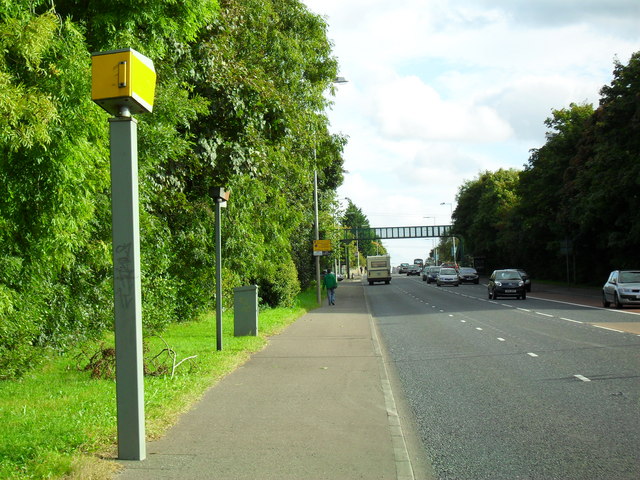MEPs back tougher stance on cross-border enforcement of dangerous driving
ETSC has welcomed the support of MEPs for improvements to the way dangerous driving is enforced across EU Member State borders.
In votes this morning in the European Parliament’s transport committee, MEPs backed a European Commission proposal to extend the scope of existing rules on cross-border enforcement of traffic penalties and a new law which would see driving disqualifications issued in one Member State, also apply in other EU countries.
On the range of offences that could be enforced across borders in the future, MEPs added ‘hit and run’ crashes where a driver flees the scene of a collision. This is in addition to supporting the initial proposal of the European Commission to add dangerous overtaking, wrong-way driving, use of an overloaded vehicle and some other offences not currently covered by existing rules.
MEPs also want offences to be followed up more quickly by the home Member States once a penalty has been issued to a foreign resident driver.
Unfortunately MEPs failed to agree to tackle the critical issue of penalty points, despite some MEPs calling for it. 22 out of 27 EU Member States now have these systems, which discourage dangerous driving and can ultimately lead to a driving ban. ETSC says it’s essential that drivers also face these non-financial penalties when they commit traffic offences abroad.
Some political groups had argued for penalties associated with urban vehicle access restrictions (such as the Stockholm Congestion Tax) to be subject to the legislation. Such charges have the effect of reducing vehicle traffic and therefore road injuries. However, these amendments did not pass in today’s vote. The transport committee has also decided today that penalties for driving in a pedestrian zone should not be subject to the legislation, despite a number of MEPs calling for this.
MEPs also signalled their support this morning for a planned new law that would see driving bans recognised across borders and made some small but significant improvements.
The initial proposal by the European Commission contained a peculiar provision regarding speeding offences, including an exemption where a driving ban resulting from speeding would not be recognised in another country if the speed limit had been exceeded by less than 50 km/h. This would imply that a driver banned for driving at 79 km/h in a 30 km/h zone would not face a ban in other countries. However, today, MEPs reached an agreement to modify this exemption. They determined that the exemption should only be valid on residential roads if the speed limit has been exceeded by less than 30 km/h, and on non-residential roads if exceeded by less than 50 km/h. Although the European Transport Safety Council (ETSC) appreciates this improvement, the organisation maintains the stance that, in principle, all driving bans resulting from speeding should universally apply in other Member States without any exceptions.
Both legal proposals are subject to further negotiations between the European Parliament, EU Member States and the European Commission.
Ellen Townsend, Policy Director of ETSC commented:
“Overall, today’s votes in the European Parliament are a positive step for road safety that could further cut the number of foreign-registered drivers that currently get away with dangerous driving outside of their home country. However, it is unfortunate that MEPs didn’t agree on including penalties linked to urban vehicle access restrictions and cars driving into pedestrian zones in the list of offences that can be enforced across borders. There can be no justification for letting foreign-registered drivers off the hook while locals follow the rules.”









